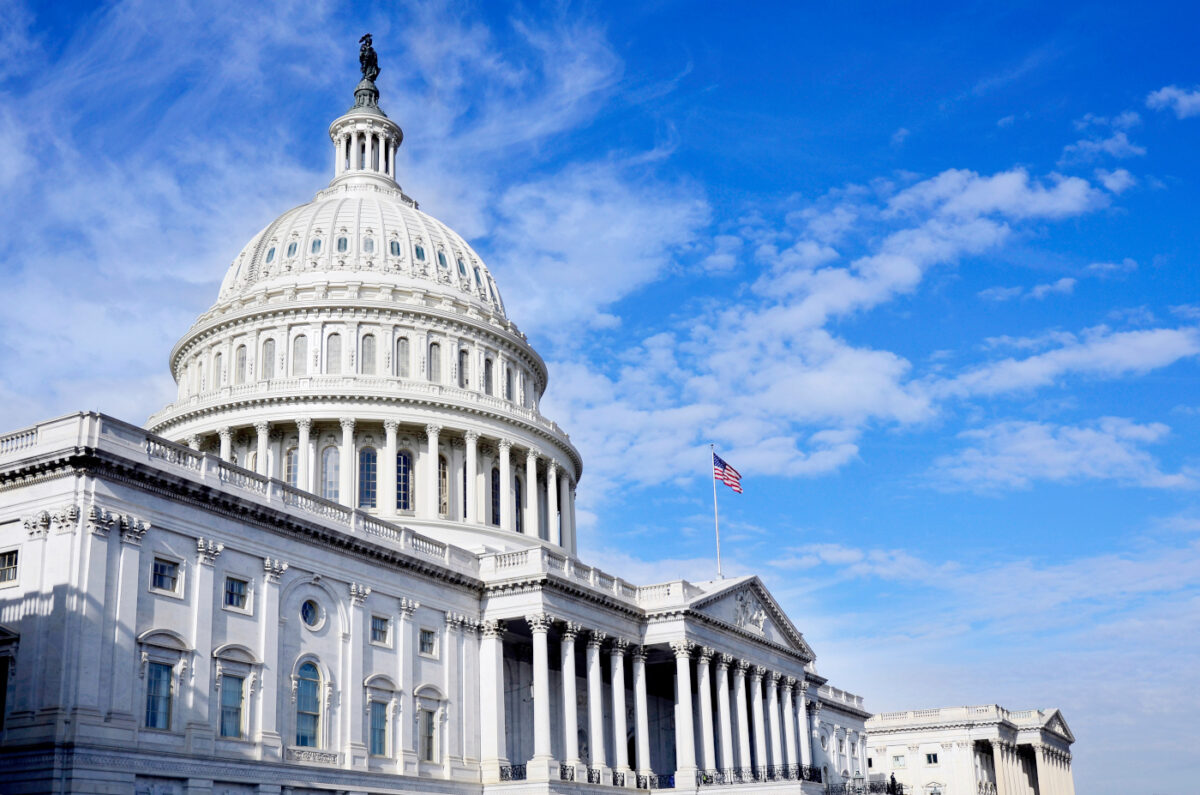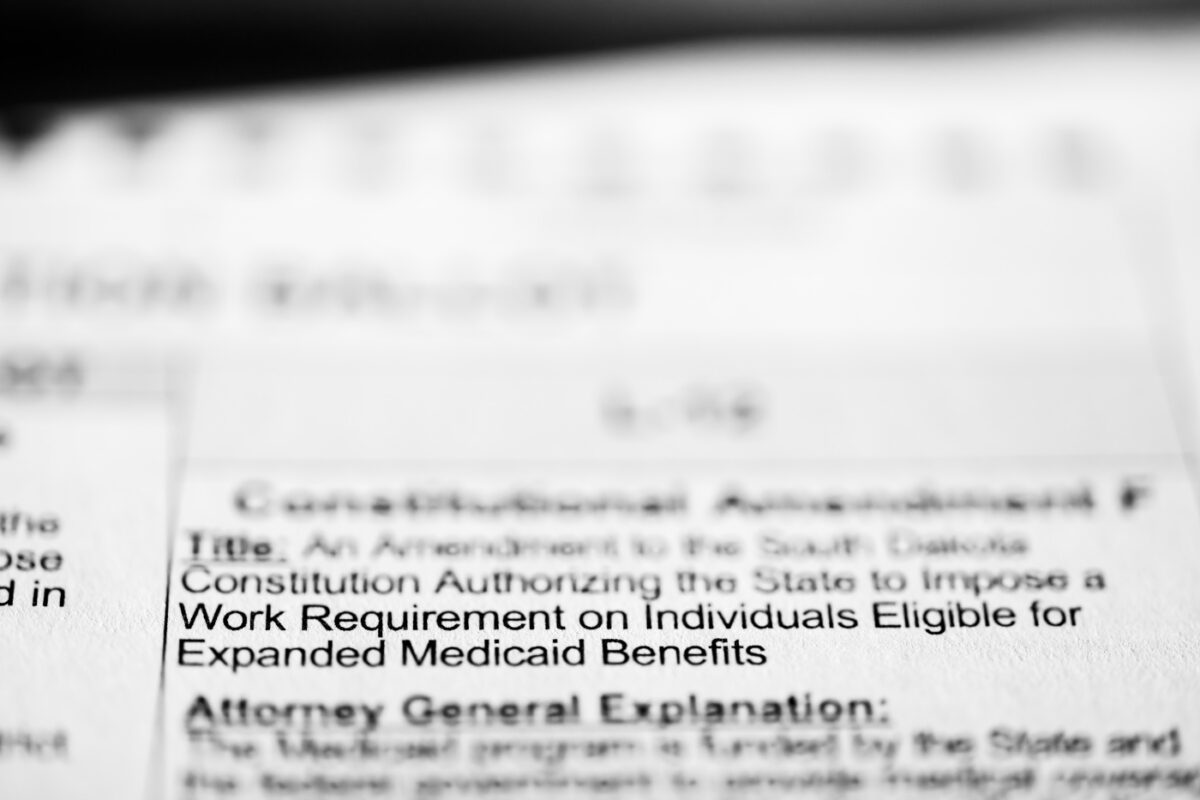
Author
Craig Wilson, JD, MPA
Director, Health Policy
Contact
ACHI Communications
501-526-2244
jlyon@achi.net
Arkansas Medicaid enrollees who fail to comply with a proposed work requirement will not lose Medicaid coverage, according to a proposed waiver amendment published by Arkansas Medicaid officials on Sunday, April 23.
The publication of the proposed waiver kicks off a public comment period that will include two public hearings. The proposal is expected to be submitted to the Centers for Medicare and Medicaid Services for review by June 1.
First announced in February, the proposed addition of a work requirement for enrollees in Arkansas’s Medicaid expansion program — officially known as Arkansas Health and Opportunity for Me — marks the second time the state has tried work requirements. The state’s first attempt was halted in 2019 by a federal district court judge who ruled that the federal agency’s decision to approve the state’s proposal was “arbitrary and capricious” because it did not address how work requirements would promote the primary objective of Medicaid, which is to provide medical assistance for the needy. That decision was later upheld on appeal.
Arkansas’s Medicaid expansion program uses Medicaid funding, mostly from the federal government, to provide private health insurance to adults earning up to 138% of the federal poverty level. The state’s current work requirement proposal would not terminate coverage for non-compliant enrollees, but instead would reassign them from their private insurance plans paid for by Medicaid to coverage administered directly by the Medicaid program. According to the state’s proposal, potential reassignment to traditional Medicaid coverage should act as an incentive for enrollees to comply with the work requirement, given that there are advantages the private plans offer, such as:
- A seamless transition in coverage and networks should the enrollee experience an increase in income and become ineligible for Medicaid.
- Rewards for participating in health improvement and economic independence programs.
- Enhanced plan performance and outcome requirements.
Other major changes proposed in the state’s waiver application include:
- Providing unemployed enrollees (defined as enrollees with incomes at or below 20% of the federal poverty level, or FPL) and underemployed enrollees (defined as enrollees with income between 21% and 80% of the FPL) with opportunities to engage in the workforce, including “success coaches” for “unengaged” enrollees who will assess and refer enrollees for assistance with health-related social needs and develop individualized action plans to achieve specific health and economic outcomes.
- Expanding eligibility to age 59 for the Success Life360 HOME component of the waiver, which targets intensive care coordination services for those at high risk of long-term poverty, including those formerly in foster care, the formerly incarcerated, and veterans, without regard to risk for being unhoused.
Activities demonstrating an enrollee’s engagement include:
- Enrollment in a Life360 HOME.
- Being a parent or caregiver relative of a dependent under the age of 6.
- Being a pregnant woman (including 12-months postpartum).
- Being an unpaid caregiver of an individual with a disability or an elderly individual.
- Being enrolled in other programs that already have engagement requirements, such as the Supplemental Nutrition Assistance Program.
- Receiving unemployment benefits.
- Participating in a Workforce Innovation and Opportunity Act-sponsored workforce training program.
- Enrollment in formal education.
- Actively participating in one’s own healthcare or with one’s health plan, as demonstrated by any of the following:
- Participating in an approved value-added health incentive program or economic incentive program.
- Receiving recommended preventive services.
- Actively receiving treatment for a serious life-threatening disease such as substance use disorder, serious mental illness, or cancer.
Enrollees who do not participate in any of the above activities, engage with a success coach within three months of assignment, or make progress toward goals in their action plan will be reassigned to traditional Medicaid coverage, where they will remain for the remainder of the calendar year. Success coaches will be assigned only to those enrollees not demonstrating engagement through the above activities, and unemployed enrollees will be prioritized, while underemployed and employed enrollees will be assigned success coaches after 24 and 36 months of enrollment, respectively.
Notably, if an enrollee is reassigned from a private plan to Medicaid-administered coverage, the enrollee receives the same essential health benefits offered by private plans. While the state’s waiver proposal notes similarities in the number of providers between Medicaid and private plan networks, provider access differences between Medicaid and private plans have been documented through evaluation of the original waiver and surveys.
The Arkansas Department of Human Services is accepting comments on the proposal through May 23. Public hearings are scheduled for today (April 27) in Little Rock and May 5 in Rogers. Federal officials will also open a public comment period after the state has submitted its waiver application.






